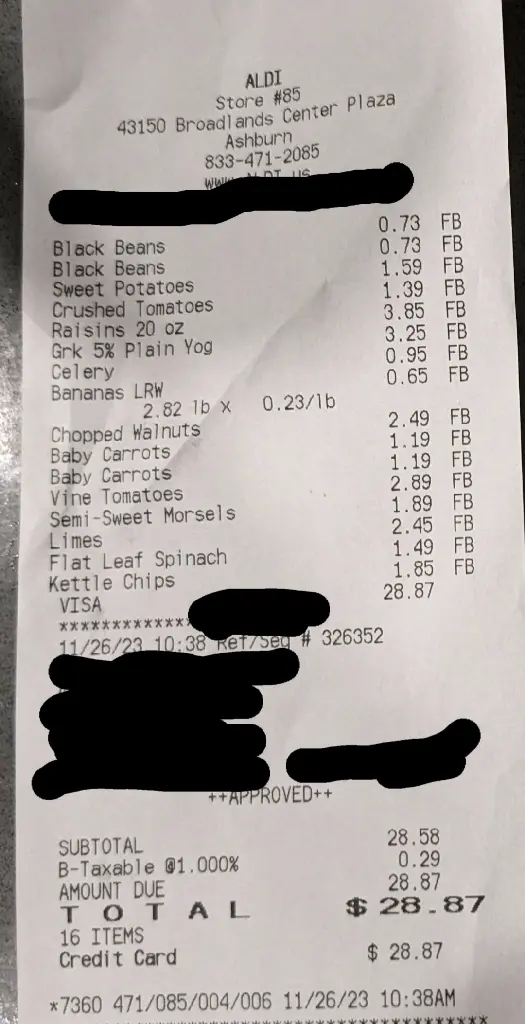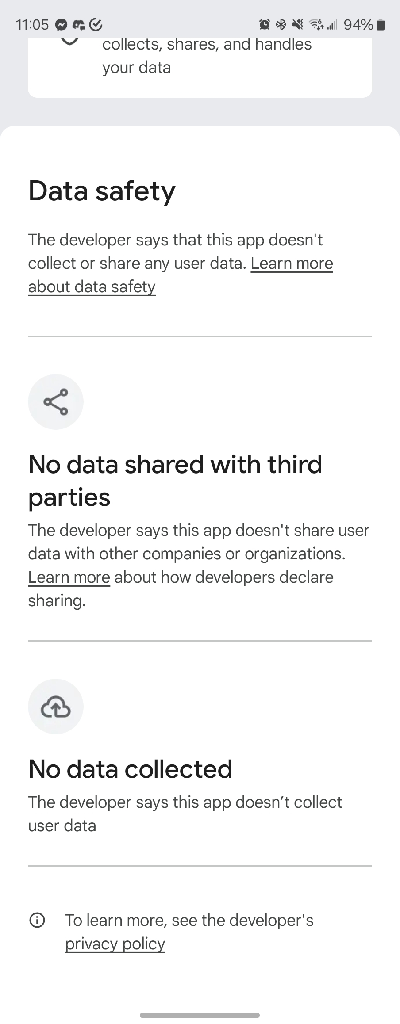I would focus on it the from a different angle. Instead of tracking grocery spending, I would set a number that you aim to not go over for a given month. Based upon the numbers you provided you spend an average of $700 per month on groceries. If you, for example, aimed to start with reducing your by 50% to $350 per month you would save $4400 yearly. That's a sizable sum of money that you could put towards a vacation or a buttload of smaller purchases.
As far as how you could go about saving that much, I would advise setting a limit on both how many grocery trips you make and how much you allow yourself to spend on each trip. So lets say you decide on about 4 trips a month (roughly weekly). In that case, spending $80 per trip would safely stay within the budget of $350. There would even be ~$30 leftover for a couple of mini trips for one or a couple items.
To help stay in the budget, it might be helpful to take a small notepad along and log how much each item costs at as soon as you put it in your cart. You can stretch your dollar further by buying the products that tend to be more out of sight and less convenient. The products that are highly visible like the endcaps of aisles and that are at eye level tend to be the more expensive options since they are usually rented by the brands to get the prime attention real estate. Stores with a less than traditional layout, like Aldi, are also a great way to save since they are usually cheaper and let you get more bang for your buck.
Another useful practice might be a simple grocery list. After you write it out but before you go in the store, you could order the items based on how important they are to have. Something like sweets < Potato chips < crackers < fruit < veggies < presliced meat < spreads / oils < bread. If it seems like your running total for the trip won't cover all that's on your list then you could forgo some of the less important or more expensive items. When calculating the running total keep in mind that there's usually a ~10% tax on that will be added to the total. So $70 worth of groceries would end being ~$77 after checkout.
As far as apps, I've tried some of them and I found they were too tedious for my taste. Even receipts often obscure what the actually product is your getting with a product shorthand that is illegible. That's why I have ended up breaking out a smallish notepad for tracking purchases instead of using receipts.
I guess this comment got a little long winded for lemmy, but oh well.

